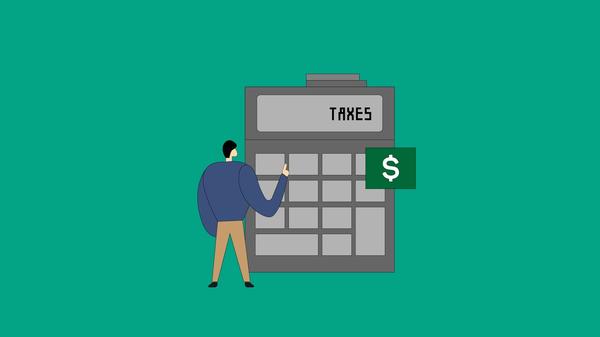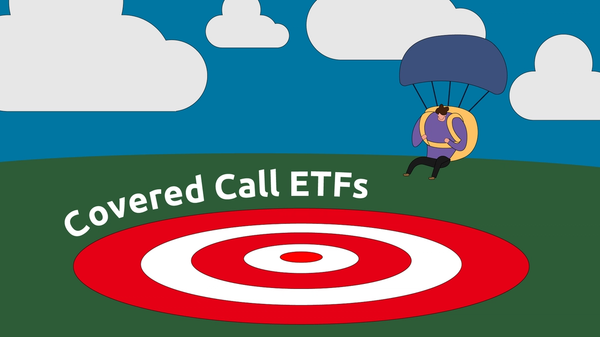1. Write down specific goals.
Really. Ditch the digital to-do list and get out an actual piece of paper, then write down a financial goal or two.
Most financial goals typically fall under 1) paying down debt (credit cards, student loans, car loans, your mortgage) or 2) saving up for something (a vacation, a downpayment, a wedding, retirement).
Break down your goal(s) into manageable weekly amounts – and transfer the money into a high-interest savings account as soon as you get paid. If you don’t see it sitting in your checking account all year, you won’t be tempted to spend it.
Whatever your goals are, the key is to get them down on paper then put your list somewhere you’ll see it every day, like in your wallet or on your fridge.
By knowing exactly what you’re working toward, you’ll be more motivated to reach your goals.
2. Check your credit score.
What’s a credit score? It’s a number that credit bureaus use to express the creditworthiness of an individual.
In Canada a credit score range from 300 to 900 – the higher your score, the better. This means that you’ve proven you can take on debt (including credit cards, car and house loans) and pay it back responsibly.
Why should you find out your score? Because once you know what it is, you can work to improve it if necessary. This is important because banks give better interest rates to more credit-worthy borrowers, so you’ll end up saving on interest.
You can check your credit score for free with CreditKarma. They’ve also got a great explainer on what affects your score and how you can improve it.
3. Read a personal finance book.
If you feel like you’ve got a gap in your personal finance knowledge, then pick up some books, fix yourself your drink of choice, and get reading.
Invest in yourself by reading for just 15 minutes every day and you’ll be surprised by how much you learn in a year. You’ll soon feel confident in your knowledge about money matters.
Here are 7 books by Canadian authors to get you started. They explain what you need to know about personal finance clearly and accessibly. Most are probably available through your local library too! You don’t need to go in a specific order or read all of them - just pick one to start!
- The Millionaire Teacher by Andrew Hallam
- Wealthing Like Rabbits by Robert R. Brown
- The Wealthy Barber Returns by David Chilton
- Worry-Free Money by Shannon Lee Simmons
- Stop Overthinking Your Money! by Preet Banerjee
- Happy Go Money by Melissa Leong
- The Value of Simple by John Robertson
4. Build up an emergency fund.
Everyone needs an emergency fund. It’s your way of protecting yourself financially in the event of job loss or any other type of emergency.
Okay, you can’t actually save up enough for an emergency fund in one weekend, but you can set up an automatic transfer from your chequing account into a dedicated savings account. Set this for a day or two after each payday and you won’t even notice the money is gone.
Ideally, you’ll eventually have enough to cover at least 3 months of expenses, but start small: transferring as little as $10-20/week translates to ~$500-1000 in just a year.
This way, rather than putting emergency spending on a high-interest credit card, you’ll rest easy knowing you’ve got it covered.
5. Commit to a No Spend day.
A No Spend Day means exactly what it sounds like: a day you commit to cut out all non-essential spending.
The idea is to only spend money on essentials (think housing, groceries, transportation, basic toiletries, etc.) while avoiding any spending on non-essentials (think coffee shop drinks, clothes, books, makeup, etc.).
This is inspired by Cait Flanders, who documented her no-spend year(!) in her book The Year of Less.
It’s up to you to decide how long you want to challenge yourself. Consider starting with one No Spend Day each month, then see if you can bump it up to a week or even a month. If you live with someone, see if they’ll join in on the challenge with you!
6. Check your investment fees.
Investment funds can have very different fees, and high fees can end up eating a large portion of your investment gains.
For example, mutual funds may charge an annual fee of around 2.5% of your portfolio, while index fund fees are typically below 0.5%. A difference of 2% may not seem like a lot, but remember that the fee is a percentage of your whole portfolio and not just the annual return. You pay this amount, again and again, every year, even when your returns are negative – so why pay more than you need to?
These fees are often referred to as a management expense ratio or MER. Find out what you’re paying – and if your fees are high, consider switching to low-fee investments. You can open a self-directed investment account with Questrade and build your portfolio using index funds. We recently covered two popular model portfolios used by Canadian DIY investors, both of which feature low fees.
To really hammer the Avoid High Fees point home: the historical average annual return of the stock market is 7%, which means that a 2.5% fee brings you down to 4.5%. Your investments will take about 10 years to double if your returns are 7%/year, but if your returns are only 4.5%/year, that stretches out to 16 years. That’s how seemingly small differences in fees can completely change the trajectory of your retirement savings.
You’ve done the hard work of earning and saving your money – don’t fund your broker’s retirement at the expense of your own!
And finally, a bonus goal for you:
7. Banish comparison.
No one has the exact same past and present financial situation as you.
You may be comparing your lifestyle to someone who has no student loans, was gifted a down payment or a car, earns twice as much as you, or any number of other differences.
We all have different financial journeys. Focus on your goals, build systems to achieve them, and only compare yourself to your past self.
If you’re looking for more personal finance tips, you may want to read our most recent article on 30 Personal Finance Tips You Should Know.
Until next time, happy investing!


